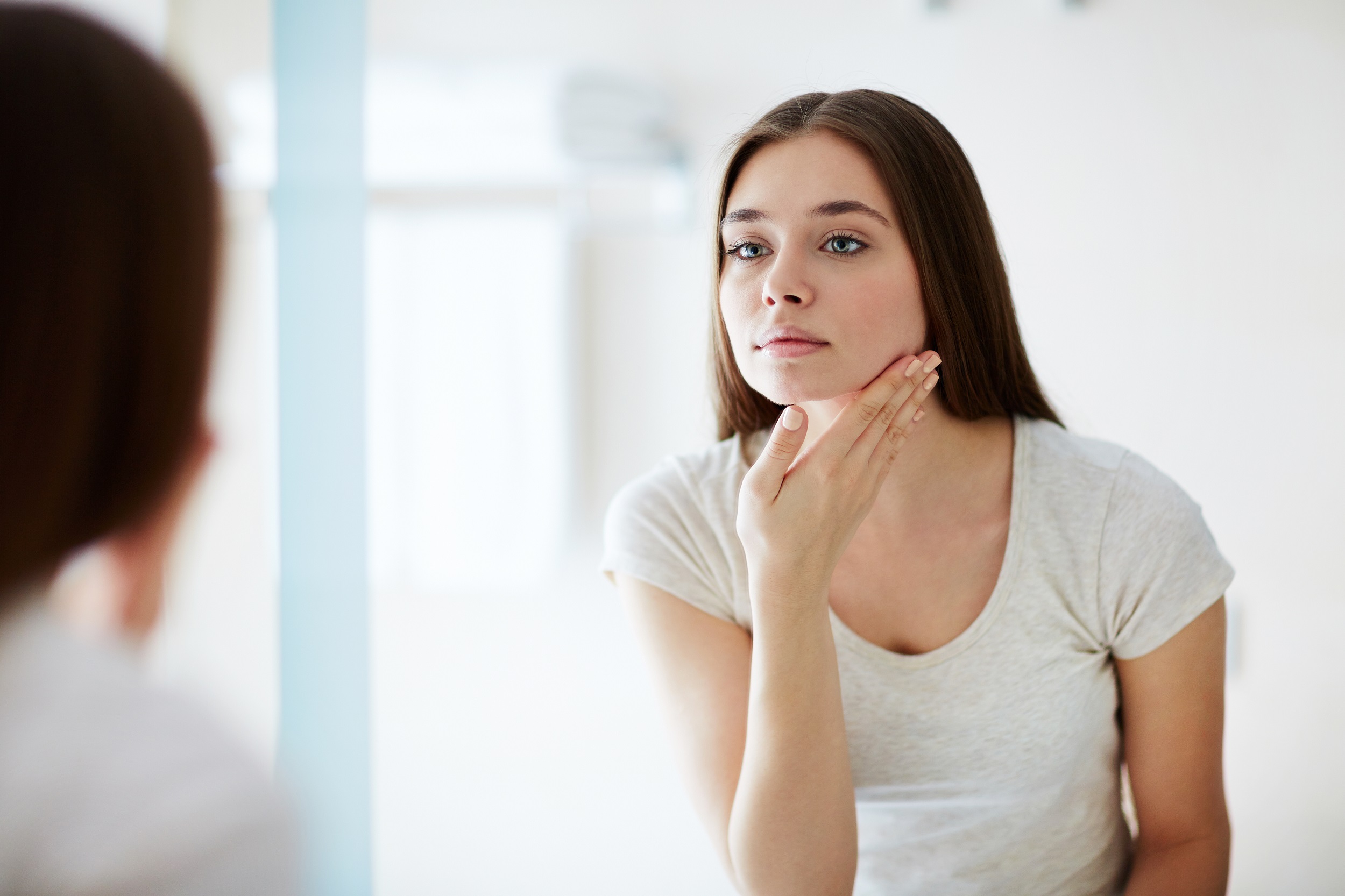
How Foods Affects Your Skin | The Diet For Better Skin
Are you wondering how foods affects your skin? If you don’t take care of your skin with the proper diet, it will negatively impact your appearance. Fortunately, many foods can be found at just about any grocery store and, when combined, will provide your skin with all the nutrients it needs to look healthy. This article will talk about these foods in detail, so get ready!

What SKIN TYPE do you have?
There are three main types of skin: dry, oily, and combination. Here are some tips to help you get the best skin for your specific type:
Dry skin needs more moisture and oil to stay healthy. Try using moisturizers with SPF and lightweight foundations that won’t make your skin feel heavy.
Oily skin can be sensitive to ingredients in skincare products, so choose those made with natural ingredients. To fight oiliness, try using a mattifying primer before foundation or oil-free sunscreen.
Combination skin is the most common type, and it can be challenging to find the right skincare products for it. Start by finding a product that matches your skin tone and goes well with your makeup. Skincare products that contain alpha-hydroxy acids (AHA) can help reduce the appearance of acne scarring.
Foods to avoid for specific skincare conditions
If you have sensitive skin, avoid foods that are known to aggravate the condition. Foods to avoid include dairy, wheat, and soy. If you have acne, avoid foods with high levels of sugar or starch, as they can worsen the condition. Additionally, eat plenty of fruits and vegetables to help improve your skin’s health.
Foods to eat for specific skincare conditions
Many foods can be eaten to help improve the appearance of the skin. Some people eat specific foods to treat acne, while others eat foods to keep their skin healthy and hydrated. The following is a list of some foods that have been scientifically shown to affect skin health positively.
Foods That Help Improve acne:
-Apple cider vinegar:
Apple cider vinegar is a natural healer for acne. It helps cleanse the skin and promote healing. Mix 1 tablespoon of apple cider vinegar with 2 cups of water and apply to your face as a mask or rinse after meals.
-Garlic:
Garlic is also an excellent remedy for acne. Crush two garlic cloves, mix with olive oil or carrier oil, then apply to the skin nightly before bed. Leave on for 10 minutes before rinsing off with warm water.
-Honey:
Honey is antibacterial, antiviral, and antifungal, making it effective against acne bacteria and fungus. Add honey to your diet in small amounts as part of a balanced diet plan; it does not need to be used as a topical treatment.
-Cacao powder:
Cacao powder is rich in flavonoids and antioxidants, which help to prevent the occurrence of acne. Pour a handful into a bowl, mix it with a tiny bit of water, and then apply it to the skin as you would honey. Leave on for about 20 minutes, then rinse off with warm water.
Alternatives to the Food Choices
If you’re looking to improve the appearance of your skin, you may want to consider changing some of your food choices. Eating a diet high in fruits and vegetables can help reduce the amount of skin-aging factors, like inflammation and damage, that are associated with bad eating habits.
In addition to helping keep your skin looking young, following these tips can help you lose weight and feel better overall.
Switch to water instead of sugary drinks
One of the most important things you can do for your skin is to cut back on sugar. Sugary drinks are highly damaging to the skin, causing inflammation and even cancer.
Try drinking water or herbal tea instead of reaching for a sugary drink every time you need a pick-me-up. You will feel better from avoiding added sugar, but you’ll also be helping reduce your risk of developing other health problems, like obesity and diabetes.
Avoid processed foods
Processed foods are full of unhealthy ingredients that can lead to an increase in skin-aging factors. They also tend to be high in calories and carbohydrates, leading to weight gain and other health problems. If you’re not sure if a food is processed, look for ingredients on the list of “generally recognized as safe” (GRAS) by the FDA.
Final Thoughts On How Foods Affects Your Skin
When it comes to skincare, many myths circulate. However, the most important thing you can do for your skin is eat a balanced and healthy diet.
Foods high in antioxidants and vitamins A, C, and E are great for your skin because they help protect it from damage caused by the sun, pollution, and other factors.
The following foods are some of the best choices for overall good skin health:
-A variety of fruits and vegetables
These contain antioxidants and other nutrients that can help improve the look of your skin. They also provide fiber which can keep you feeling full after eating them.
-Fish
Fish is an excellent source of omega-3 fatty acids, which are beneficial for the skin. Omega-3s have anti-inflammatory properties which can reduce the appearance of wrinkles and other signs of aging.
-Whole grains
Whole grains such as oats, barley, and quinoa are high in fiber which helps to keep your digestive system working correctly.

